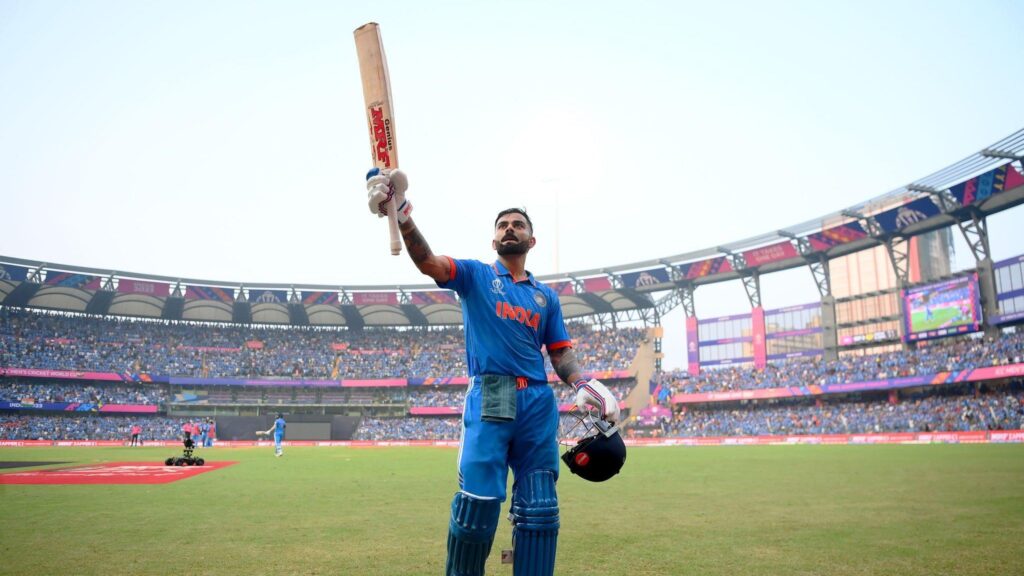South African cricket legend Jacques Kallis has foreseen that Virat Kohli’s exceptional batting prowess will be a decisive factor for India in their upcoming two-match Test series against South Africa. As India resumes its ICC World Test Championship journey, Kohli’s form is anticipated to play a crucial role against a formidable South African side during the festive season.
Kohli, who topped India’s run charts in the previous World Test Championship cycle, enters the series on the back of a stellar ICC Men’s Cricket World Cup performance, amassing 765 runs and claiming the Player of the Tournament award. Kallis, a former adversary turned analyst, emphasizes that Kohli’s success will be integral to India’s triumph in South Africa.
“I am sure he will want to have a big series here in South Africa. He has been in good form. I think he will play a major role in helping India. If they are to win here, he will have to have a good series,” remarked Kallis in an interview with Star Sports.
Kohli boasts an impressive track record against the red-ball in South Africa, having scored two of his 29 Test centuries against the Proteas away from home. Kallis acknowledges Kohli’s significance, stating, “He’s a massive player, no matter where it is. Having played here quite a bit and had a fair amount of success.”
The Proteas proved challenging hosts during India’s previous visit, securing a 2-1 series victory in the last World Test Championship cycle. Kallis expects a closely-contested battle this time, highlighting the strengths of both teams and predicting specific venues to favor each side.
“This is a good Indian team but South Africa is tough to beat in South Africa,” Kallis added. “Centurion will probably suit South Africa, and Newlands will probably suit India. It will be a good series, and it will come down to one or two sessions that one team might play better than the other. It would be a closely-fought contest.”
Some argue that Kohli’s consistent brilliance might put the rest of the Indian batting lineup unexposed potentially hindering collective performance in crunch situations.

Also Read: Shreyas Iyer’s reflection on unexpected runs


